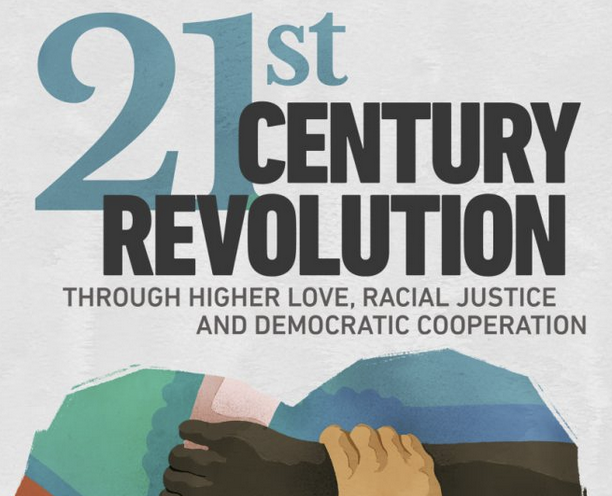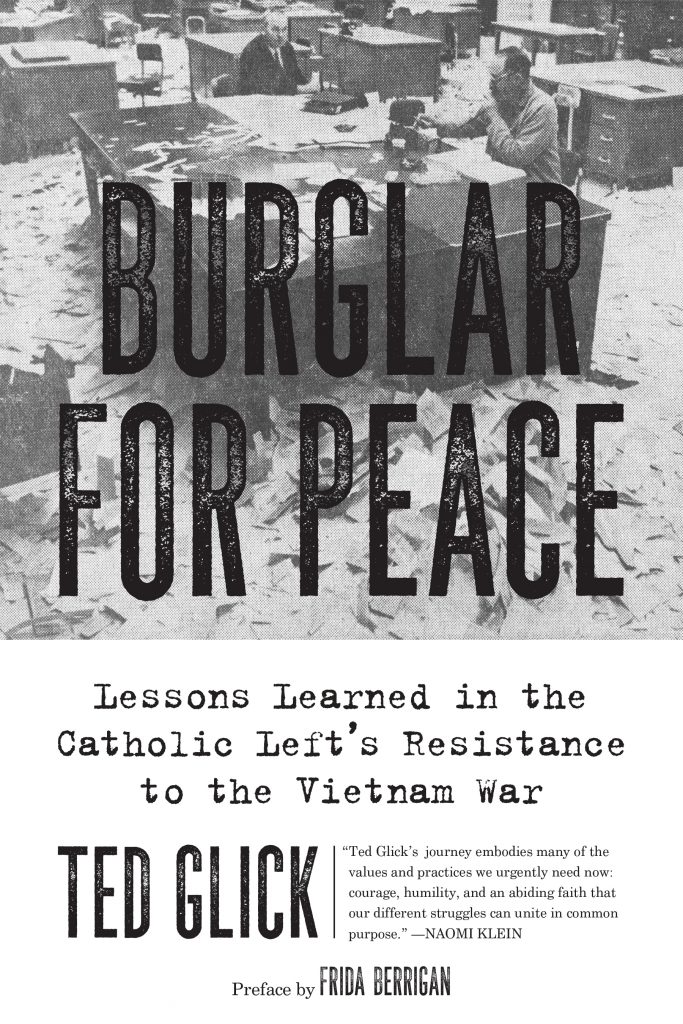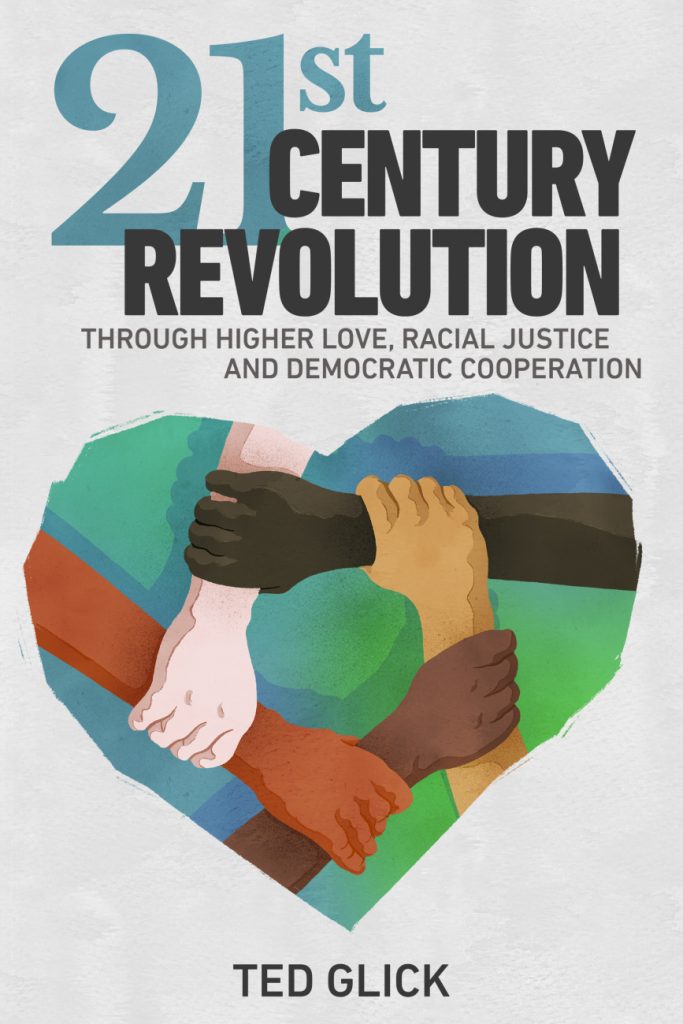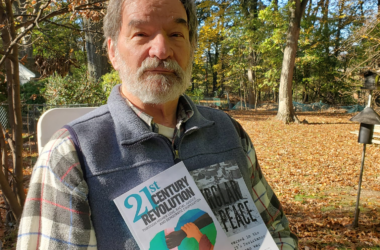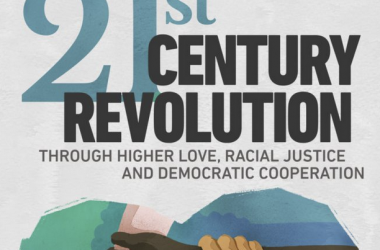By Ted Glick
November 18th, 2021
Greta Thunberg spoke truth to power at a massive demonstration in Glasgow, Scotland on November 6th outside the 26th annual United Nations Climate Conference. She said,
“At the current emissions rates, our remaining CO2 budgets to give us the best chances of staying below 1.5 degrees Celsius will be gone within the end of this decade. And the climate and ecological crisis, of course, doesn’t exist in a vacuum. It is directly tied to other crises and injustices that date back to colonialism and beyond. The question we must now ask ourselves is: What is it that we are fighting for? Are we fighting to save ourselves and the living planet, or are we fighting to maintain business as usual?”
Thunberg’s words are representative of the thoughts and feelings of tens of millions of young people and older people all over the world. When it comes to the climate emergency we are now in, lies, half-truths and half-stepping just don’t cut it. It is, without question, time for system change, not climate change. What we need, therefore, is not just a movement, not just a coalition. We need a movement of movements.
But how?
The strength and breadth of the broadly-based coalition manifested in Glasgow this past week, made up of grassroots and other organizations and representatives of people’s movements around the world, is one essential aspect of the “how.” The billionaire class, the 1%, has many guns to use, literally and figuratively, to hinder the environmental, social, economic, and cultural transformation process. They have done so countless times throughout history. But history also teaches that when masses of people, in the millions and tens of millions, are in political motion in support of urgent demands, then, and only then, is it possible for a change to take place as far as who is in control of government.
Maintaining, deepening, broadening and building the capacity and effectiveness of a movement of movements, grounded firmly among working class people, across lines of culture, nationality, gender, age and ability, is an absolute prerequisite for transformational, revolutionary change.
Also necessary is a widespread appreciation, and action accordingly, that without an intersectional approach, opposition to all forms of oppression and major leadership from people of color, women, youth, LGTBQIA people and those of low-income and low-wealth, there is little chance that we can be successful.
Margaret Randall, writing in 1992 in reference to the importance of a feminist approach in world-changing movements, applicable today to a wider range of approaches to understanding and acting to change reality, put it this way: “I do not say: social revolution needs feminism as simply one more component, something to be added on or factored in. If revolution incorporates feminism it will transform itself. Only through such a transformation will revolutionary change be capable of meeting the broadest range of people’s needs. And I believe it is only through such a transformation that those affected will truly defend the revolution.”
In my view, there are three overarching tactics and methods that our movement of movements must use to build itself. It must be grounded in day-to-day, community-, workplace- and issue-based organizing by millions of volunteer and paid activists and organizers utilizing popular education and dialogical approaches and techniques. It must engage in independent electoral campaigns from the most local to the highest level, doing so in a tactically flexible way as far as whether to run on a Democrat, independent, Working Families, Green or other line. And it must continually but strategically organize public marches, demonstrations, strikes, and nonviolent direct actions on key issues.
Very critically, the diverse and extensive mix of organizations that make up this popular alliance must consciously develop group-centered leadership, not individual-centered leadership, to evolve a “not me, us” democratic internal culture and to provide a welcoming and personally rewarding experience for all those involved.
Finally, the climate and ecological crisis must be a top priority for all who want a world based on justice. It is the existential issue of our time. This decade is absolutely our last chance to prevent a future of escalating environmental and social breakdowns all over the world. We must urgently shift off of fossil fuels to clean renewables, strengthening democracy and justice movements in the process.
I believe that we can do this. I believe that we can win, and I pledge to do all that I can to make it so.
Ted Glick is a volunteer organizer with Beyond Extreme Energy and author of Burglar for Peace: Lessons Learned in the Catholic Left’s Resistance to the Vietnam War, published last year. Past writings and other information can be found at https://tedglick.com, and he can be followed on Twitter at https://jtglick.com.

